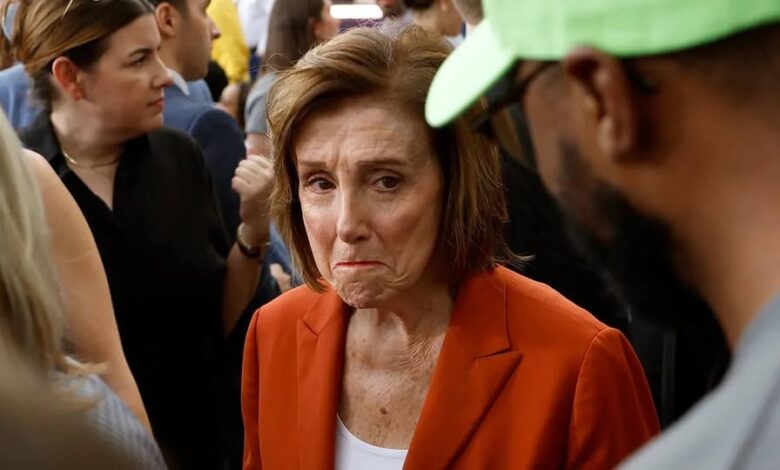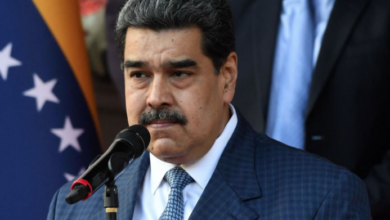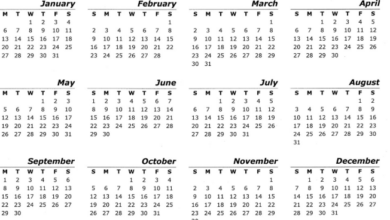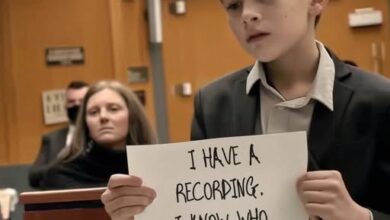
Nancy Pelosi Heckled During Event with Paul Krugman in New York
Former Speaker of the House Nancy Pelosi faced a storm of heckling during a Monday evening speaking engagement alongside Nobel Prize-winning economist Paul Krugman at the City University of New York’s Graduate Center. The event, which was expected to focus on economic policy and governance, was repeatedly interrupted by protestors who accused Pelosi of corruption, poor leadership, and destructive foreign policy decisions.
The interruptions, which occurred four times throughout the discussion, quickly went viral on social media and reignited debates surrounding Pelosi’s legacy. Though she has been one of the most powerful Democrats of the past two decades, Pelosi continues to face criticism for her role in the Iraq War, U.S. involvement in Afghanistan, and more recent controversies surrounding the Nord Stream pipeline sabotage.
Protestors Call Pelosi a “War Criminal”
The hecklers did not hold back in their attacks, targeting both Pelosi’s political career and her personal reputation. One protestor shouted that Pelosi belonged “in the depths of hell” for her involvement in authorizing the Iraq War. The individual continued:
“You know, Pelosi, that’s a very good place for you—in the depths of hell. For some reason, you have a very bad obsession with getting us into war. Why didn’t you admit there were no weapons of mass destruction in Iraq? You lied us into a war in Iraq. You pushed us to invade Afghanistan. Now over 90 percent of those people are impoverished and dying.”
Another heckler raised questions about Pelosi’s silence on the Nord Stream pipeline explosion, accusing her and the U.S. government of leaving “millions of Germans without energy” by failing to address the fallout of the attack.
The protestors also mocked Pelosi’s personal life, calling her a “sad old drunk” in front of the audience. Though she attempted to continue with the program, the repeated disruptions made it impossible to ignore the anger directed her way.
A Polarizing Political Legacy
Nancy Pelosi, 85, remains one of the most polarizing figures in American politics. Serving twice as Speaker of the House, she was the first woman to ever hold the position and led congressional Democrats through some of the most consequential legislative battles of the 21st century.
Supporters credit Pelosi with shepherding key Democratic achievements, including the Affordable Care Act, large-scale COVID-19 relief packages, and maintaining party unity during turbulent political eras. Critics, however, often accuse her of political opportunism, entrenched establishment politics, and foreign policy decisions that they argue worsened global instability.
Her leadership during the Iraq War has been one of the most consistent points of contention. Though Pelosi would later oppose the war, she faced criticism for not doing enough in its early stages to block military action or demand accountability for the Bush administration’s claims about weapons of mass destruction.
The protests at the New York event highlight how those grievances still resonate with segments of the public who remain angry about the war’s consequences, both abroad and at home.
Linking Pelosi to Contemporary Issues
While much of the criticism directed at Pelosi focused on events from the early 2000s, protestors also tied her legacy to more current international issues. The mention of Nord Stream reflected accusations that the U.S. played a role in sabotaging the pipeline, which once carried natural gas from Russia to Europe. Although no definitive evidence has publicly tied Pelosi to decisions regarding Nord Stream, hecklers seized the moment to link her name to broader criticisms of U.S. foreign policy.
Pelosi has long been a defender of NATO and transatlantic cooperation, but her critics see her as part of the Democratic establishment that has failed to prioritize diplomacy over confrontation.
Public Perception and Personal Criticism
The heckling also took aim at Pelosi personally, with jabs about her age and alleged drinking habits. These attacks were not new—Pelosi has faced years of memes, social media commentary, and conservative media narratives portraying her as unfit or unstable. While such criticisms are often dismissed as sexist or exaggerated, they continue to resonate with her detractors and played a major role in the disruptions at the event.
The repeated interruptions reflected not just ideological opposition but a deep hostility toward Pelosi as a political figure. For her critics, she embodies what they see as the failures of Washington’s establishment class—career politicians who accumulate wealth and power while ordinary citizens bear the consequences of their decisions.
Audience Reaction
The audience at the CUNY Graduate Center appeared divided during the disruptions. Some attendees expressed annoyance at the hecklers, who derailed what was meant to be an academic discussion with Paul Krugman on pressing economic issues. Others applauded the protestors’ willingness to confront Pelosi directly.
Security eventually removed some of the hecklers, allowing the event to continue, though the disruptions ensured that the focus of media coverage shifted away from policy discussions to the public backlash against Pelosi.
The Bigger Picture
The heckling incident underscores the enduring anger many Americans feel toward establishment political leaders, even years after their most consequential decisions. For Pelosi, it is a reminder that her record on foreign policy remains controversial, particularly among anti-war activists and younger generations who have grown up in the shadow of the wars in Iraq and Afghanistan.
The protests also fit into a broader trend of public figures being confronted directly at live events. From town halls to book tours, politicians and public officials increasingly face vocal opposition from citizens who see traditional channels of accountability as insufficient.
Conclusion
Nancy Pelosi’s appearance with Paul Krugman was meant to highlight discussions on economics and governance, but instead it became another flashpoint in the long debate over her legacy. Protestors interrupted her four times, branding her a war criminal and holding her accountable for decades of U.S. foreign policy decisions. Their accusations—ranging from the Iraq War to the Nord Stream pipeline—reflected a mix of historical grievances and modern-day frustrations with American leadership.
For Pelosi, the night was a reminder that her place in history is complex and deeply contested. She will always be remembered as a trailblazer who broke barriers for women in politics, but she will also continue to face criticism from those who see her as emblematic of establishment failures.
The hecklers may not have changed the minds of Pelosi’s supporters, but they ensured that the conversation around her career remains as polarizing as ever. In a political landscape increasingly defined by public confrontation, her experience in New York serves as yet another example of how past decisions continue to shape present perceptions.




